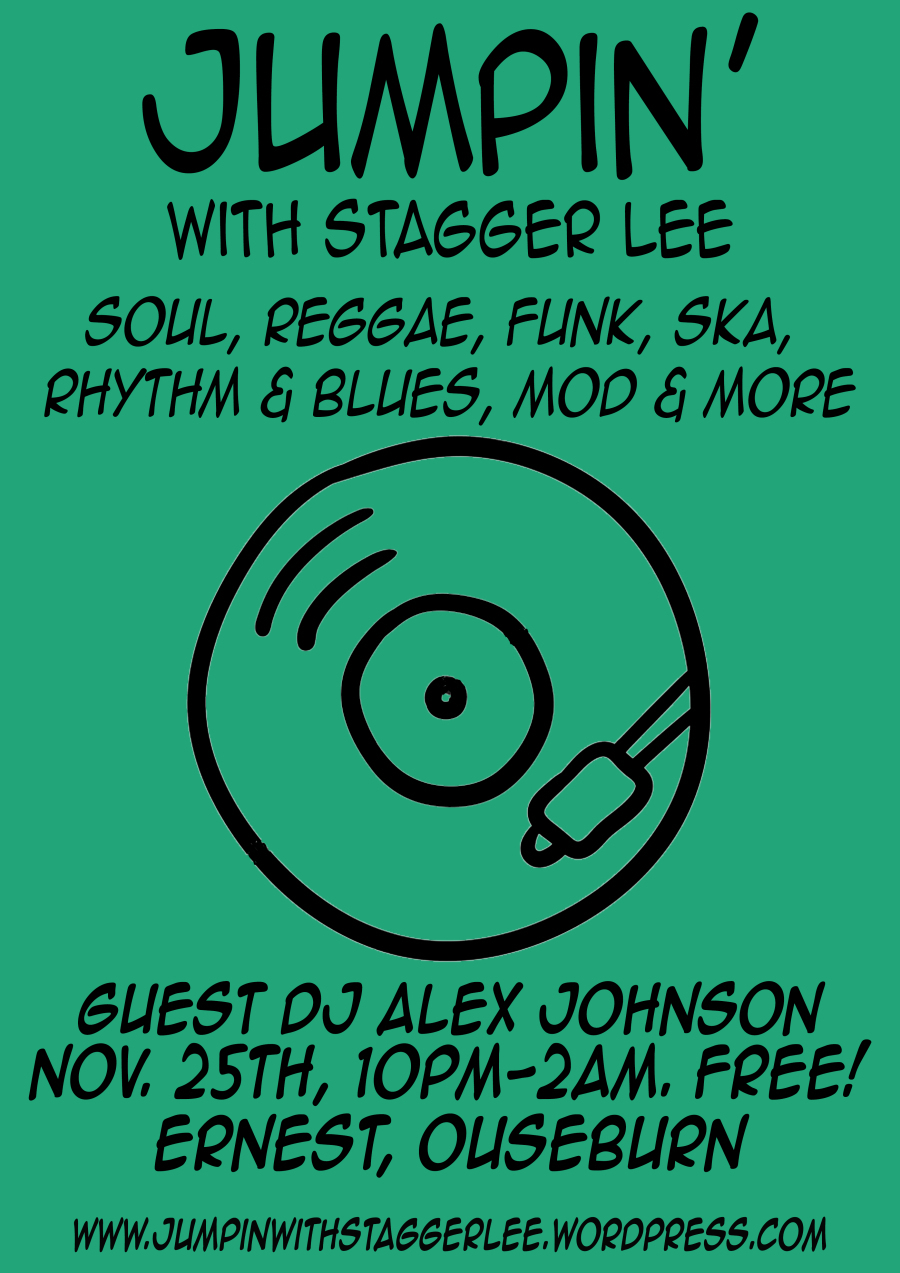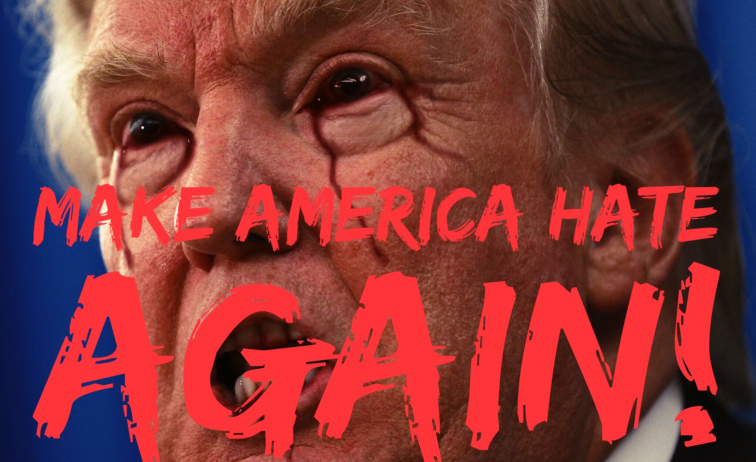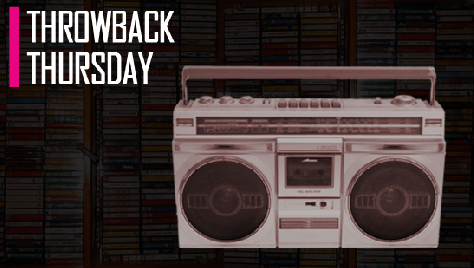A typical day for a volunteer walking down the street in Nicaragua:
“SSSSSSSSSSSsssssss…. “Chela!” “Sexy!” “I love you baby…” “Give me your number, I deserve it.” “Sleep with me!” -> TRANSLATION: “I see that you are a woman! Society has told me that I am allowed to yell sexual harassment’s at you on the street because I am a man. I expect you to appreciate what I am saying since you are the submissive sex and you should feel empowered I am paying attention to you. Your body is a sexual object; I assume my control over it.”
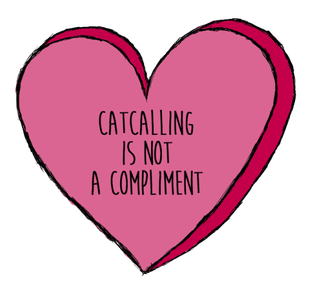
As a female volunteer in the Peace Corps, I cannot say that living in Nicaragua has been the easiest job I have ever had, but it has been the most eye opening. It pains me to admit that female volunteers have had to become accustomed to street harassment and crude comments in our work placement. There is always a felt threat. A sexual threat (physical or verbally), a threat against intelligence, or even a threat against fair treatment, all such threats stemming from the sole difference of one’s reproductive biology.
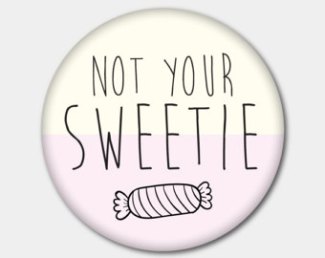
Still, I entered this country almost two years ago and cannot begin to understand what it is like to believe such acts are normal. Surrounding myself with young women in the maternity wards, in the schools, and at Camp GLOW has allowed me to reflect on the severity of “Machismo” culture and the quite similar patriarchal culture I was personally raised in. My particular upbringing does not shed light on such in-your-face sexism I have experienced here, but I have had to fight for my equal right as a female since I was a child. Neither oppression against women is unique to Nicaragua nor that there is nothing we can do about changing it.
Upon completing Camp CHACA in July, a volunteer said, “this was the first time I ever felt safe amongst a large group of men.” As she said this, I watched every woman in the room nod and raise their eyebrows in shock of their own personal realization of this reality. A unique situation of comfort like this should not be unusual! CHACA proved that making young men think about the unjust social manipulation of putting men into a sexual, violent, above-women box, showed that many wanted to break from its confinement. It also showed that the need for education about such unfair treatment between the sexes. Nicaraguan nationals that were counselors at Camp GLOW and Camp CHACA had a huge impact on the participants and gave many of them a role model, telling them to step out of unfair normality and have confidence to stand up for justice.
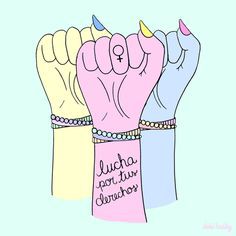
The realities I have faced in the Nicaraguan culture have angered me, confused me, driven me, and empowered me to step out and do more. Let us not wait for someone else to speak up or to overcome a hardship without our support. Machismo/Patriarchy/Male Chauvinism or whatever you want to call it; is not a woman’s issue. Do not be a bystander in the effort to empower this generation (not just in the confines of Nicaragua) to feel equal, valued, and important.
–Justine LaVoye
Peace Corps Nicaragua HE 65
GAD Committee Member


